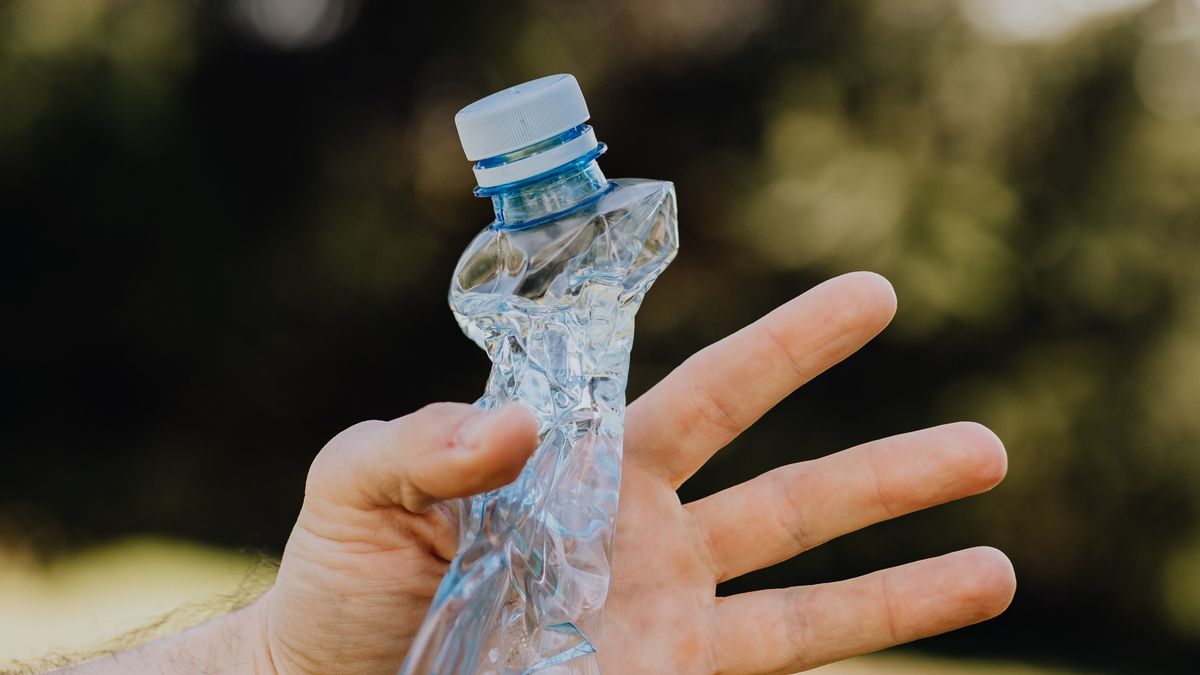The European Union continues to take steps in its strategy to reduce waste generation. Its next measure will directly affect the hotel sector.
As of next year, hotels, restaurants and coffee shops in Spain and other member countries will not be able to offer certain products in single -use containers. This decision is part of the new regulation on packaging and waste of the European Union that seeks to limit the use of disposable plastics, such as the typical individual jam, butter or sauces that usually serve during breakfast in many accommodations.
The content you want to access is exclusive to subscribers.
The initiative has generated a variety of reactions. While some sectors positively value this measure due to their environmental impact, Others warn of the practical problems that could lead to the daily functioning of hospitality businesses. The elimination of individual portions implies that customers will have to use shared containers, which generates concerns both in terms of hygiene and organization.


This regulation is part of the ambitious European Union plan to move towards a more respectful economic model. Although the authorities argue that this kind of restrictions will contribute significantly to the reduction of waste, many voices within the sector question whether they will really be effective. According to some critics, the new rules will not mean a real decrease in the generation of waste, but will bring with them logistical and operational complications for establishments.
Hotel España..jpg

The hotels in Spain demonstrated against this decision.
Esquire
Exceptions to the new European Union Standard
Condiments can continue to be used if the food offered is consumed outside the restaurant. They will also be allowed to guarantee safety and hygiene in establishments in which, for medical reasons, it is necessary to offer individualized care, as in hospitals, clinics or residences with medical care.
Likewise, the norm will not apply to microenterprises, provided that countries decide individually, when it has been proven that it is not technically viable to dispense with such containers or access the necessary infrastructure to implement a reuse system.
The objective of the European Union
The objective of the reductions of air pollution stops is to completely end these emissions in 2050. In fact, the directive advances that the standards will be reviewed before December 31, 2030 and, from then on, every five years for these limits to be reduced. The European Parliament has also tightened the limits of air pollution by lowering the maximum allowed levels of particles harmful to health, ecosystems and biodiversity.
Source: Ambito




